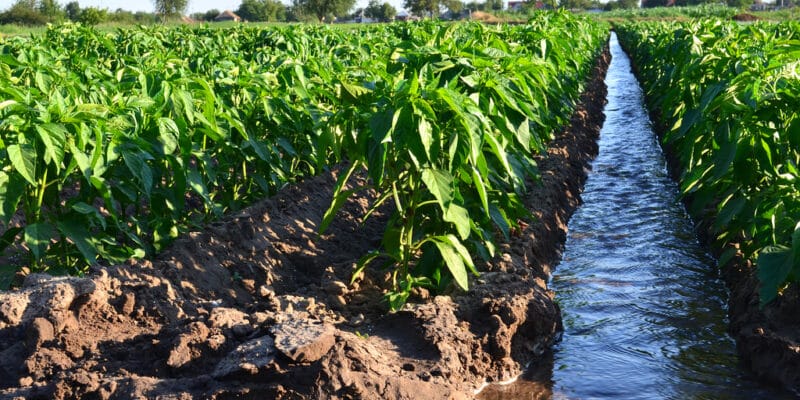Water is a precious resource that is essential for life and crucial for various human activities, from agriculture and industry to domestic use. However, water scarcity has become a pressing global issue, affecting millions of people and ecosystems around the world. In this blog, we will explore the challenges posed by water scarcity and the importance of sustainable water management. We will also discuss solutions and strategies for addressing this critical issue.
Understanding Water Scarcity
Water scarcity refers to a situation where the demand for water exceeds the available supply. It can be caused by various factors, including population growth, climate change, over-extraction of groundwater, pollution, inefficient water use, and inadequate water infrastructure. Water scarcity can have severe impacts on human health, food production, economic development, and ecosystems.
Impacts of Water Scarcity
Water scarcity has wide-ranging impacts on various sectors and stakeholders. It can lead to reduced agricultural productivity, loss of livelihoods for farmers, increased food prices, and food insecurity. It can also affect industrial production, energy generation, and overall economic growth. Moreover, water scarcity can cause conflicts over water resources, displacement of communities, and environmental degradation, threatening biodiversity and ecosystems.
Sustainable Water Management
Sustainable water management is essential to ensure adequate water availability for present and future generations while preserving the integrity of ecosystems. It involves managing water resources in an efficient, equitable, and environmentally sound manner. Sustainable water management principles include integrated water resources management, water use efficiency, water conservation, pollution prevention, and stakeholder participation.
Water Conservation and Efficiency

Water conservation and efficiency are crucial strategies for addressing water scarcity. These involve reducing water waste, promoting water-saving technologies, and adopting practices such as drip irrigation, rainwater harvesting, and water recycling. Education and awareness programs on water conservation can also play a significant role in promoting responsible water use behaviors among individuals, communities, and businesses.
Integrated Water Resources Management
Integrated water resources management (IWRM) is an approach that promotes coordinated management of water resources at the basin or watershed level, taking into account social, economic, and environmental considerations. IWRM involves balancing competing water demands, ensuring equitable access to water, and promoting multi-stakeholder participation in decision-making processes. It also emphasizes the need for robust water governance, policy frameworks, and institutional capacity to manage water resources sustainably.
Water Pollution Prevention
Water pollution poses a significant threat to water quality and availability. Pollution from industrial, agricultural, and domestic sources can degrade water resources, making them unfit for human consumption and harmful to aquatic ecosystems. Adopting measures to prevent water pollution, such as proper wastewater treatment, reducing agricultural runoff, and promoting sustainable industrial practices, is crucial for safeguarding water resources and ensuring their availability for future generations.
Innovative Water Management Technologies
Innovative technologies can play a crucial role in addressing water scarcity and improving water management. Advanced water treatment technologies, such as desalination, can increase water availability in areas facing water scarcity. Smart water management systems, such as remote sensing, data analytics, and Internet of Things (IoT) devices, can enable efficient monitoring, management, and optimization of water use. Embracing innovation and technology can help enhance water management practices and improve water use efficiency.
Water Governance and Stakeholder Participation
Effective water governance and stakeholder participation are critical for sustainable water management. Transparent and inclusive decision-making processes, involving all stakeholders, can lead to better water allocation, management, and conservation practices. Stakeholder engagement and participation can also foster awareness, ownership, and accountability, leading to more sustainable water management outcomes.
Final Thoughts
Water scarcity and water management are pressing global issues that require immediate attention and action. Sustainable water management practices, including water conservation and efficiency, integrated water resources management, pollution prevention, innovative technologies, and stakeholder participation, are crucial for addressing water scarcity and ensuring the availability of water resources for present and future generations. It is essential to adopt a holistic approach that considers social, economic, and environmental factors and promotes responsible water use behaviors at individual, community, and business levels. By implementing sustainable water management practices, we can mitigate the impacts of water scarcity, protect water resources, and promote a more sustainable future for all.
